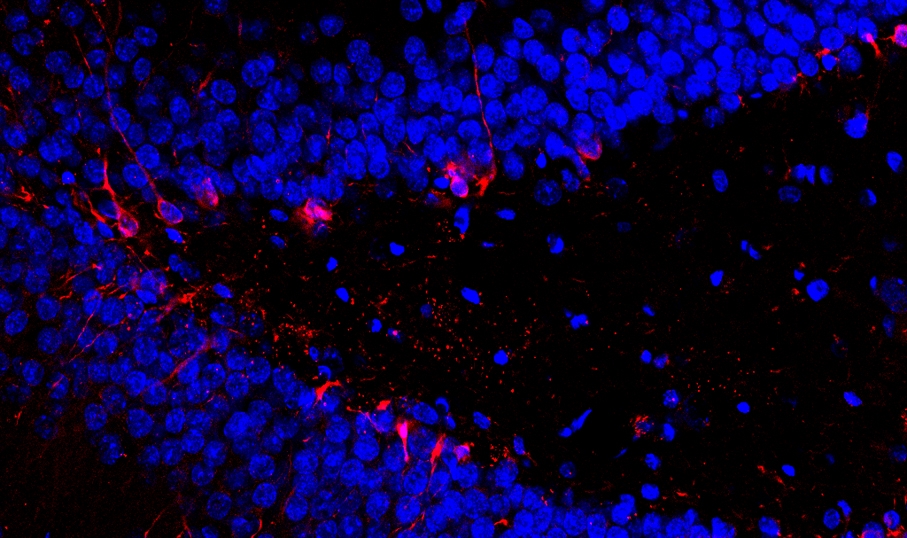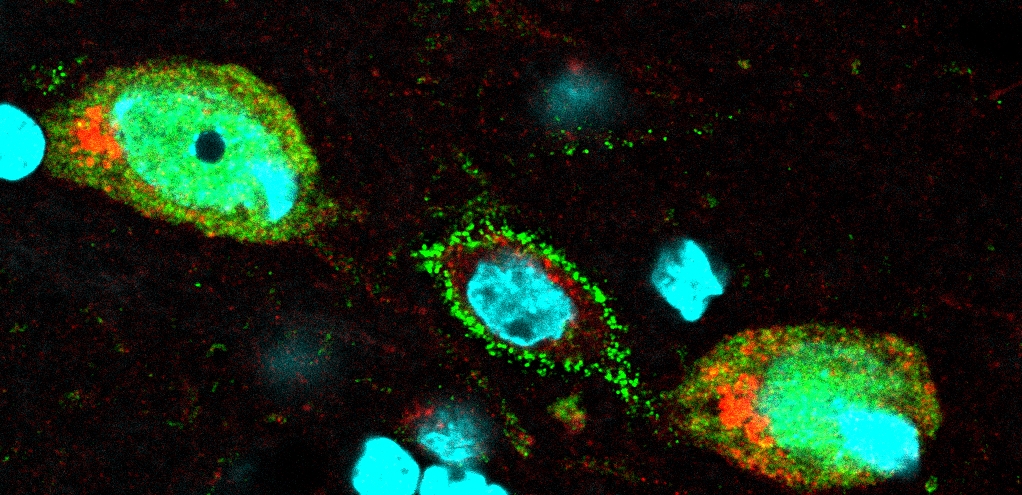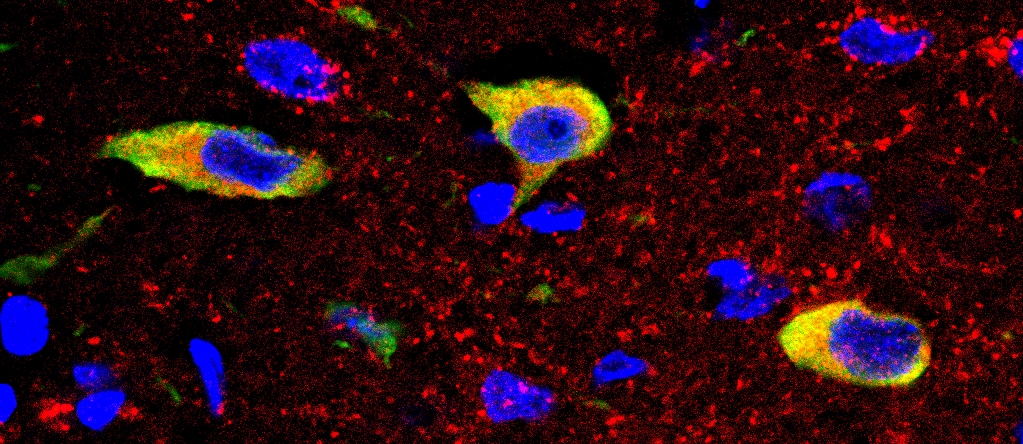Electroacupuncture and NGF in diabetic encephalopathy
Diabetic encephalopathy (DE) characterized by progressive cognitive decline, is one of the complications of diabetes that may even predispose patients to Alzheimer’s disease (AD). DE has been indeed associated with the occurrence of main AD’s hallmarks, such as alterations in the metabolism of amyloid and Tau proteins, and degeneration of the brain cholinergic system.
The nerve growth factor (NGF) is a neurotrophin regulating the survival and function of the basal forebrain cholinergic neurons (BFCN), whose activity regulates attention, arousal, motivation, memory and consciousness. BFCN dysfunctions described in AD have been attributed to a possible defect in the NGF utilization. As a possible cause of such a defect, an incorrect activity-dependent maturation of the precursor pro-NGF into mature NGF has been proposed, with subsequent activation of pro-neurotrophin-stimulated apoptotic signaling in the BFCN.
NGF administration has been attempted in AD patients, but it has been so far hampered by the development of side effects, like hyperalgesia, pain and autonomic dysfunctions. Recently, our group demonstrated that peripheral sensory stimulation by electro-acupuncture (EA) could improve brain NGF availability and utilization and counteract tau hyperphosphorylation in a murine model of diabetes. We therefore hypothesized that EA could improve cholinergic neurotransmission in the brain, counteracting the development of DE-associated dysfunctions in BFCN metabolism, possibly through the regulation of endogenous NGF utilization by the BFCN.
Our preliminary results (1) demonstrate that: i) EA normalizes NGF, TrkA and choline acetyltransferase in the hippocampus and cortex of diabetic rats (link); ii) EA Counteracts the diabetes induced tau hyperphosphorylation in the hippocampus and cortex (link).

Schematic representation of pathogenic mechanisms leading to the development of cholinergic-based cognitive decline in experimental diabetes. The altered glucose metabolism and decreased systemic insulin in DM1 causes dysfunctions of NGF production and maturation (cortex and hippocampus) and activity (Basal Forebrain Complex), decrease of the cholinergic neurotransmission, neuronal loss and AD-like deregulations in the metabolism of β-amyloid and Tau proteins. proNGF: precursor NGF. mNGF: mature NGF.
Rocco, M. L., Pristera, A., Pistillo, L., Aloe, L., Canu, N. & Manni, L. Brain Cholinergic Markers and Tau Phosphorylation are Altered in Experimental Type 1 Diabetes: Normalization by Electroacupuncture. J Alzheimers Dis 33, 767-773, (2013) - Pubmed
Soligo, M., V. Protto, F. Florenzano, L. Bracci-Laudiero, F. De Benedetti, A. Chiaretti and L. Manni. The mature/pro nerve growth factor ratio is decreased in the brain of diabetic rats: Analysis by ELISA methods. Brain Res 1624, 455-468 (2015). Pubmed, Full Text.




